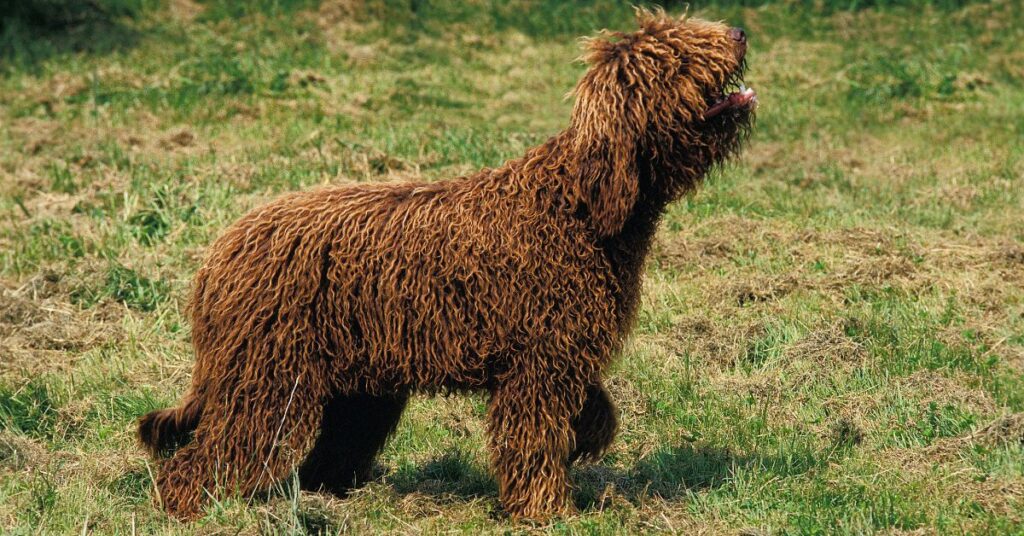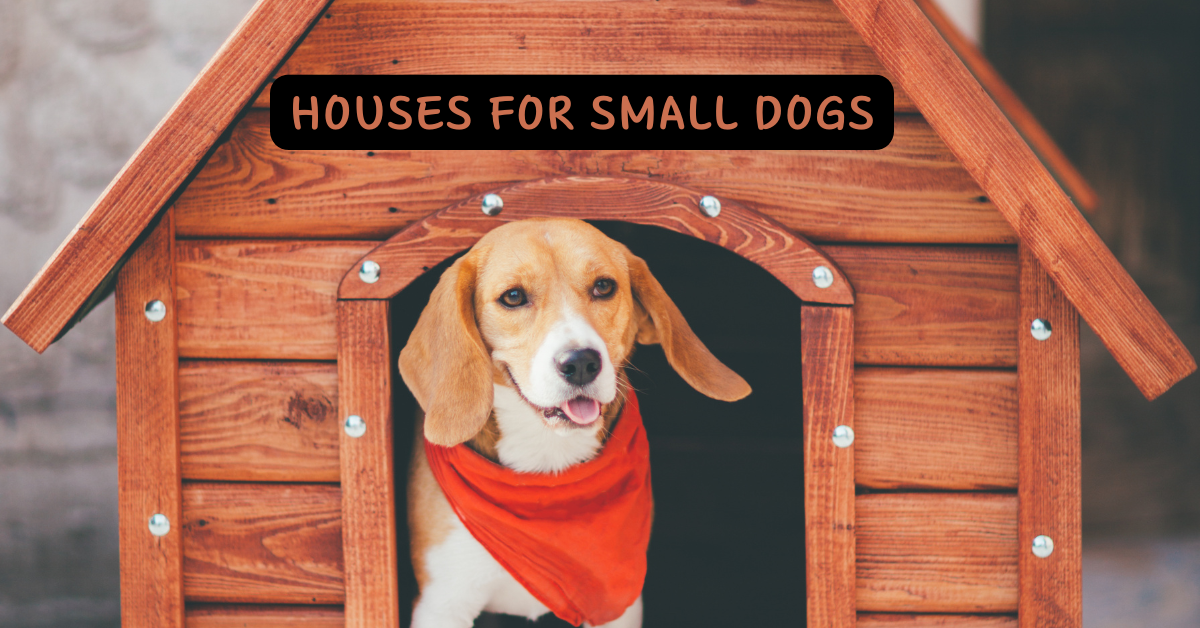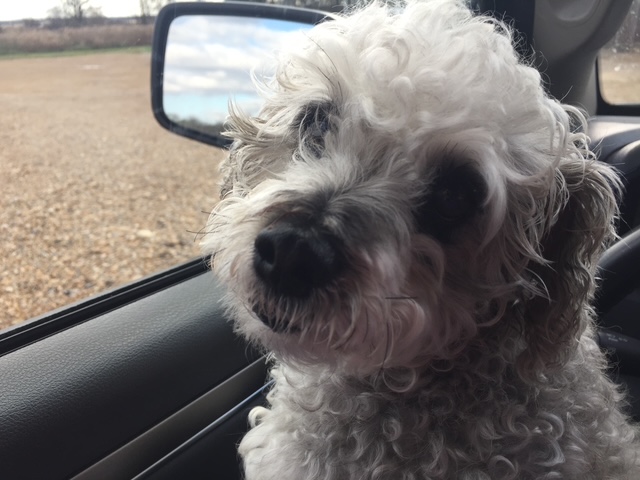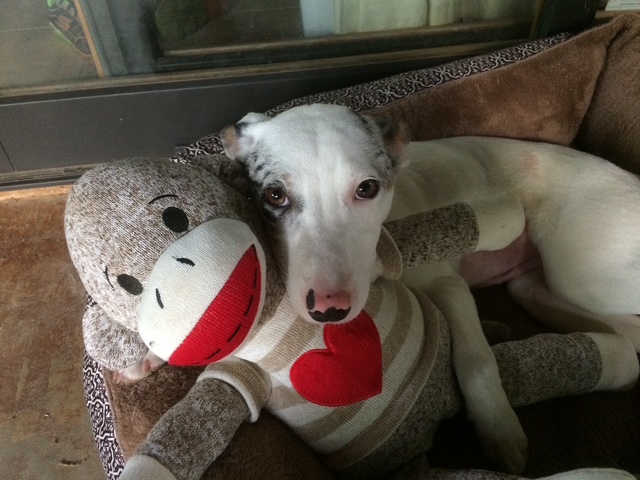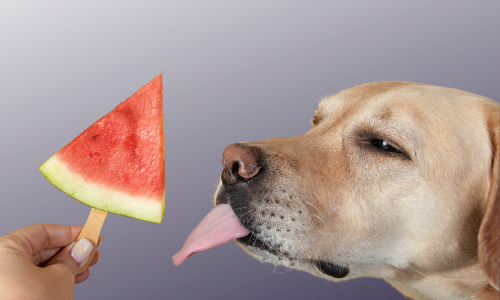The Komondor is a large and powerful breed known for its distinctive corded coat and strong protective instincts. This comprehensive guide provides detailed information about the Komondor, covering all aspects from breed characteristics to its history as a guardian and companion.
*Disclaimer: This Post May Contain Affiliate Links. This Means That I Receive A Small Commission At No Extra Cost To You Should You Click Through And Make A Purchase. Learn More On My Policy Page
Breed Characteristics
- Breed Category: Working Group
- Size: Large
- Coat Length: Long; corded and dense
- Shedding: Low
- Hypoallergenic: Yes
- Grooming Requirements: High; special care for corded coat
- Life Span: 10-12 years
- Activity Level: Moderate
- Temperament/Personality: Protective, loyal, independent
- Intelligence: High
- Trainability: Moderate; requires experienced handling
- Space Requirement: Large; best suited for homes with yards
- Compatibility with Children & Other Pets: Good with proper socialization
- Health Issues: Prone to hip dysplasia, bloat, and certain skin conditions
- Nutrition Needs: High-quality diet with balanced nutrients
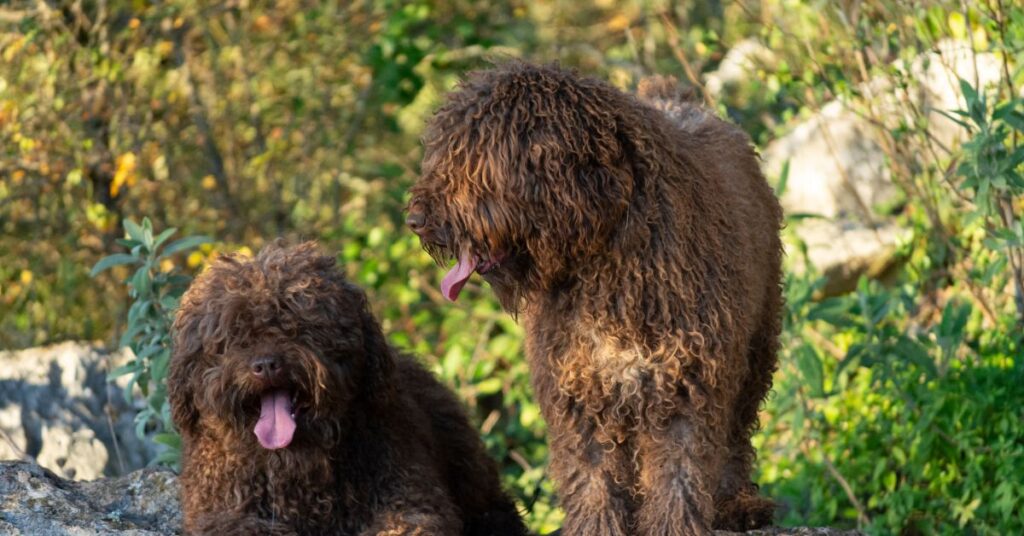
Origin and History
The Komondor is an ancient breed with origins in Hungary, where it was developed as a livestock guardian dog. The breed’s distinctive corded coat was originally intended to protect it from predators and harsh weather conditions. The Komondor was highly valued by Hungarian shepherds for its ability to protect flocks from wolves and other predators. The breed’s history dates back several centuries, and it has remained relatively unchanged in appearance and function. The Komondor was recognized by the American Kennel Club (AKC) in 1937 and has since become known not only for its guarding abilities but also for its unique appearance.
Appearance and Physical Characteristics
The Komondor is a large and imposing dog, known for its distinctive corded coat that can resemble a mop. Males typically weigh between 100 to 130 pounds, while females weigh between 80 to 110 pounds. They stand about 25.5 to 27.5 inches tall at the shoulder. The breed’s coat is long, dense, and forms natural cords as the dog matures, providing protection against predators and the elements. The Komondor’s coat is usually white, which was historically beneficial for blending in with the sheep it guarded. The breed’s large size, powerful build, and unique coat give it a striking and formidable appearance.
Temperament and Personality
Komondors are known for their protective, loyal, and independent nature. Bred to guard livestock, they have a strong instinct to protect their family and territory. The breed is naturally wary of strangers, making it an excellent watchdog. Despite their protective instincts, Komondors are typically gentle and affectionate with their family members, including children. However, their independent and strong-willed nature requires an experienced owner who can provide consistent leadership and training. Komondors are not overly playful but can be affectionate and calm companions.

Wydra22, CC BY-SA 4.0 https://creativecommons.org/licenses/by-sa/4.0, via Wikimedia Commons
Intelligence and Trainability
The Komondor is an intelligent breed but can be independent and stubborn, making training a challenge for inexperienced owners. They require firm, consistent, and patient training from an early age. Positive reinforcement techniques work best, as harsh methods can lead to resistance and mistrust. Socialization is crucial to ensure that Komondors are well-adjusted and can distinguish between genuine threats and non-threatening situations. The breed’s intelligence and independence mean that they may not always be eager to please, but with proper training, they can be reliable and loyal companions.
Compatibility with Children and Other Pets
Komondors can be good with children and other pets when properly socialized from a young age. Their protective nature extends to their family, making them excellent guardians for children. However, due to their size and strength, interactions with small children should always be supervised to prevent accidental injury. Komondors may be less tolerant of unfamiliar animals, especially other dogs, so early socialization and controlled introductions are important. They are best suited to homes where they can be the primary pet, or where they have been well-socialized with other animals.
Health and Nutrition
The Komondor is generally a healthy breed, but like all large breeds, it can be prone to certain health issues, including hip dysplasia, bloat (gastric torsion), and some skin conditions. Regular veterinary check-ups, a balanced diet, and proper exercise are essential to maintaining their health. Due to their large size and dense coat, Komondors can be prone to overheating, so owners should take care to provide shade and hydration, especially in warm weather. Feeding should be done in controlled portions to prevent bloat, a serious and potentially life-threatening condition common in large breeds.

Exercise and Activity Level
Komondors have moderate energy levels and require regular exercise to stay healthy and happy. They enjoy daily walks and opportunities to explore their environment. While they are not highly energetic, they do need mental and physical stimulation to prevent boredom, which can lead to destructive behavior. The breed is well-suited for homes with large yards where they can patrol and exercise freely. Due to their protective instincts, they should always be exercised in secure areas to prevent them from reacting aggressively to perceived threats.
Grooming Needs
The grooming needs of the Komondor are high due to their unique corded coat. The cords form naturally as the dog matures, and owners must take special care to keep the coat clean and free of mats. Regular bathing is important, but drying the coat can be a lengthy process due to its density. The cords must be separated regularly to prevent matting, and professional grooming may be required to maintain the coat’s condition. Routine grooming tasks such as dental care, ear cleaning, and nail trimming are also important to prevent common health issues.
Training and Socialization
Early training and socialization are crucial for Komondors. Their independent and protective nature requires that they be well-socialized to prevent aggression or overprotectiveness. Positive reinforcement techniques, combined with consistent and firm training, are essential for this breed. Socialization with other dogs, people, and different environments helps them develop into well-rounded adults who can distinguish between real threats and non-threatening situations.

Famous Komondors
Komondors have been featured in various media and dog shows, often recognized for their unique appearance and impressive guarding abilities. The breed’s distinctive corded coat and strong protective instincts have made it a popular choice for those seeking a loyal and formidable guardian. While not as commonly seen as some other breeds, the Komondor’s unique characteristics have earned it a special place in the world of dog enthusiasts.
Conclusion
The Komondor is a large, powerful, and protective breed that makes an excellent guardian for experienced owners who can provide proper training and care. With their distinctive corded coat and strong protective instincts, Komondors are a unique and loyal breed that requires special attention to grooming, training, and socialization. For those who appreciate their protective nature and striking appearance, the Komondor can be a devoted and formidable companion.


